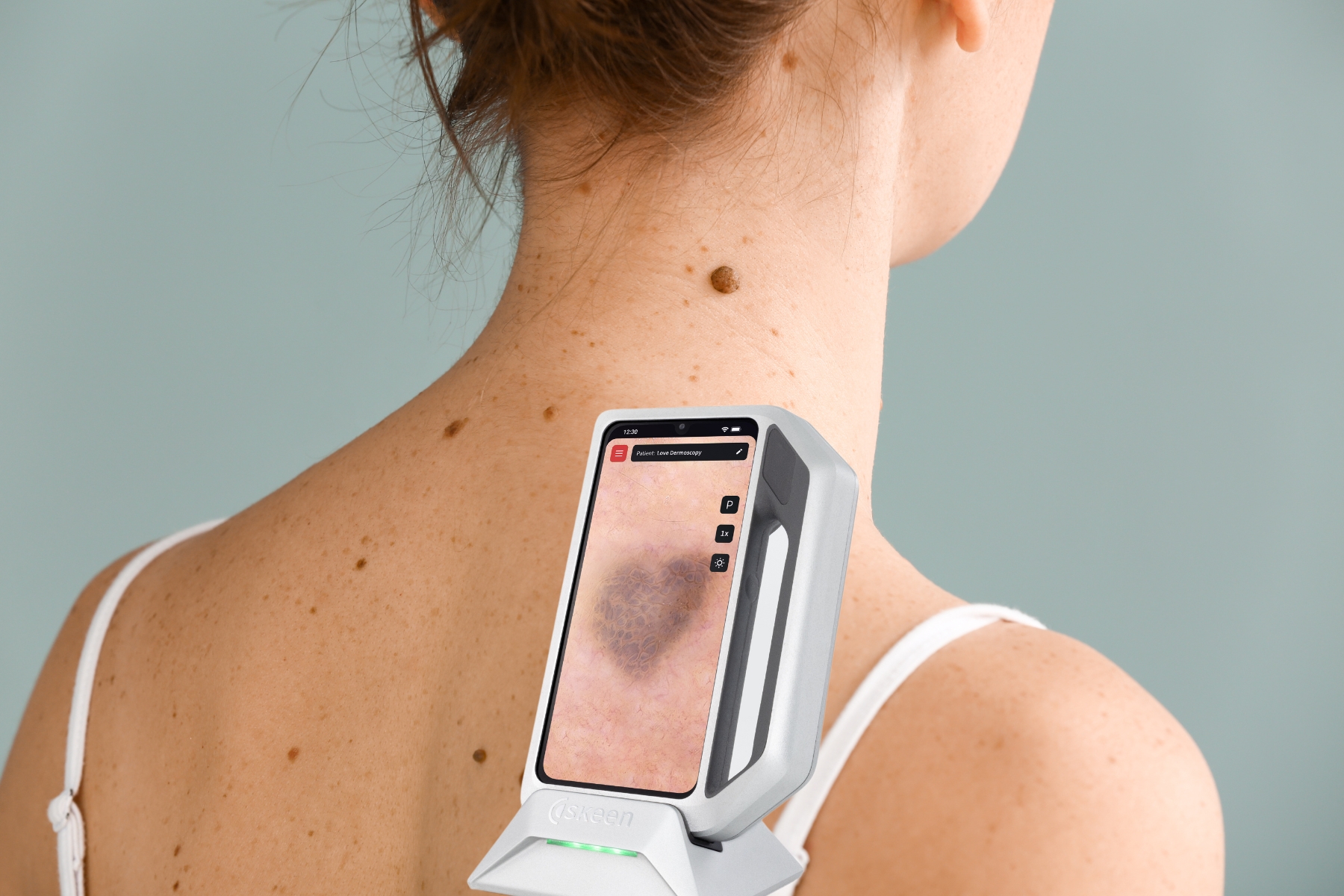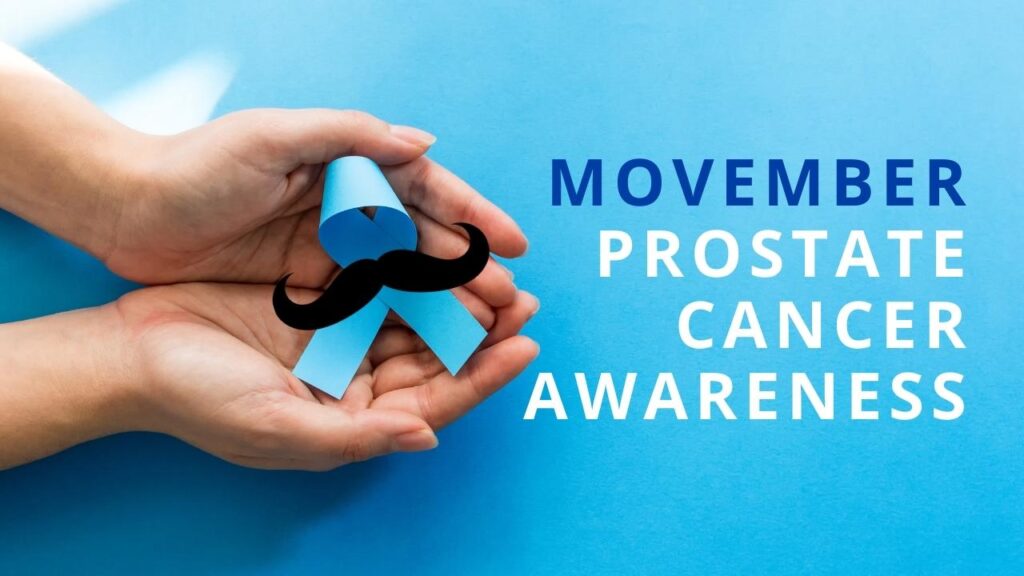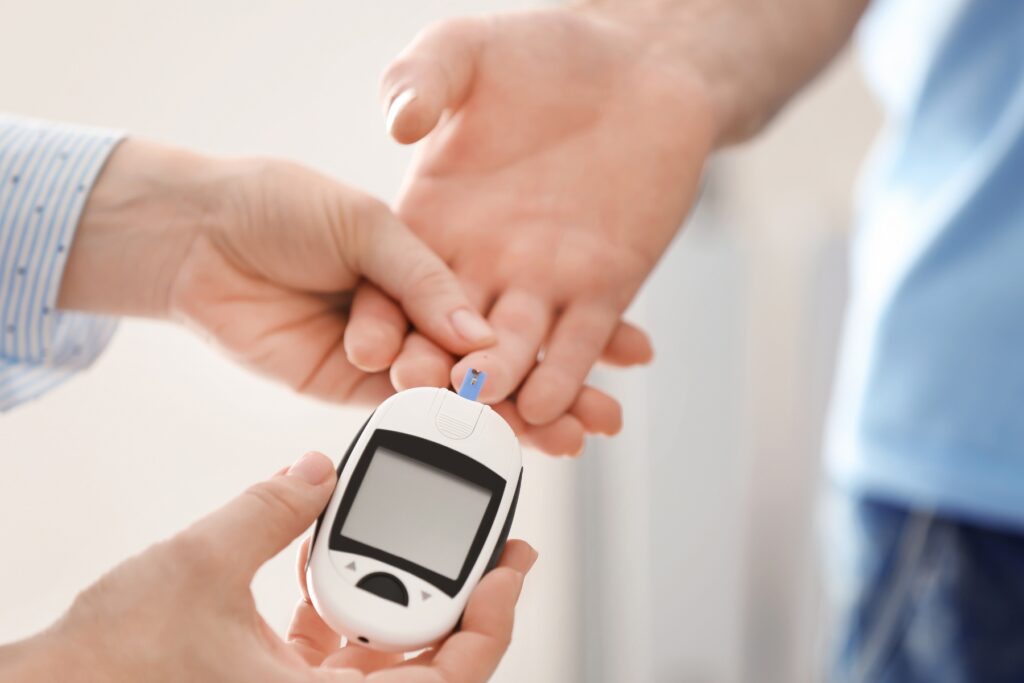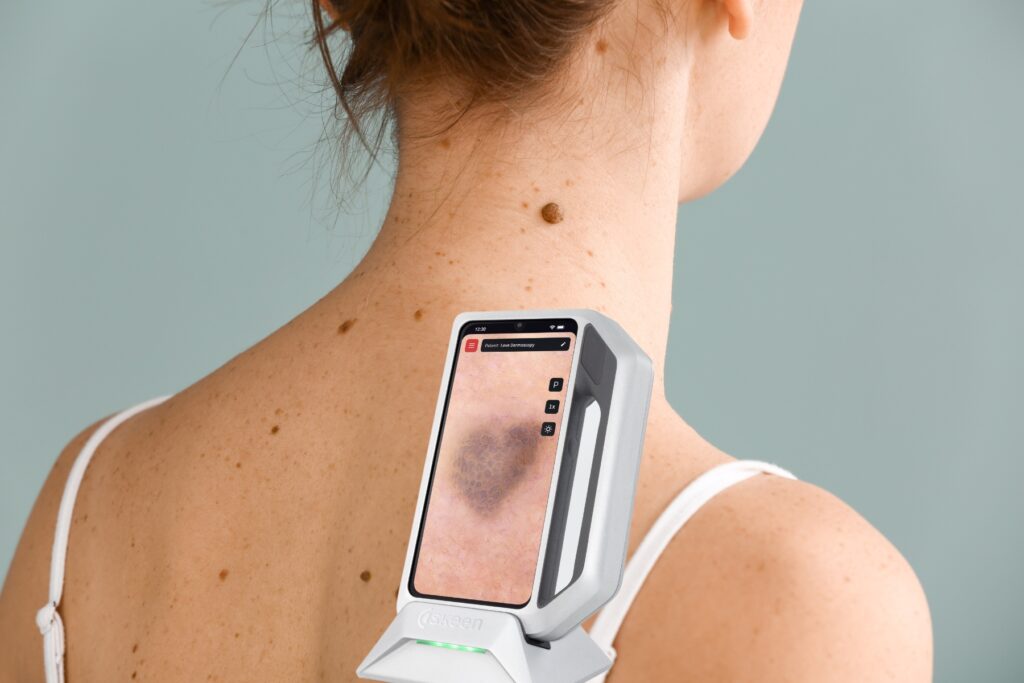Dermatology’s clinical methods are linked to histology, bacteriology, virology, mycology, and serology, as well as to allergology through the treatment of allergic symptoms.
Traditionally, within the broader framework of dermatology, venereology deals with sexually transmitted diseases and infections. The explanation is that the first symptoms of these diseases can be observed on the skin and mucous membranes.
When to see a dermatologist?
While some skin conditions are more recognizable than others, it can be difficult to discern common reactions from more serious symptoms. In these types of situations, early detection and proper monitoring can be important—and potentially lifesaving.
You should consider seeing a dermatologist for the following symptoms:
- Advanced acne
- Blistering sunburn
- Cold sores
- Evolving mole (size, shape, color)
- Excessive sweating
- Hair loss
- Itchy skin
- Itchy, red scalp
- New skin growths
- Persistent blisters
- Raised bumps
- Skin discoloration
- Skin rashes
- Warts
Related specialties and screening services:
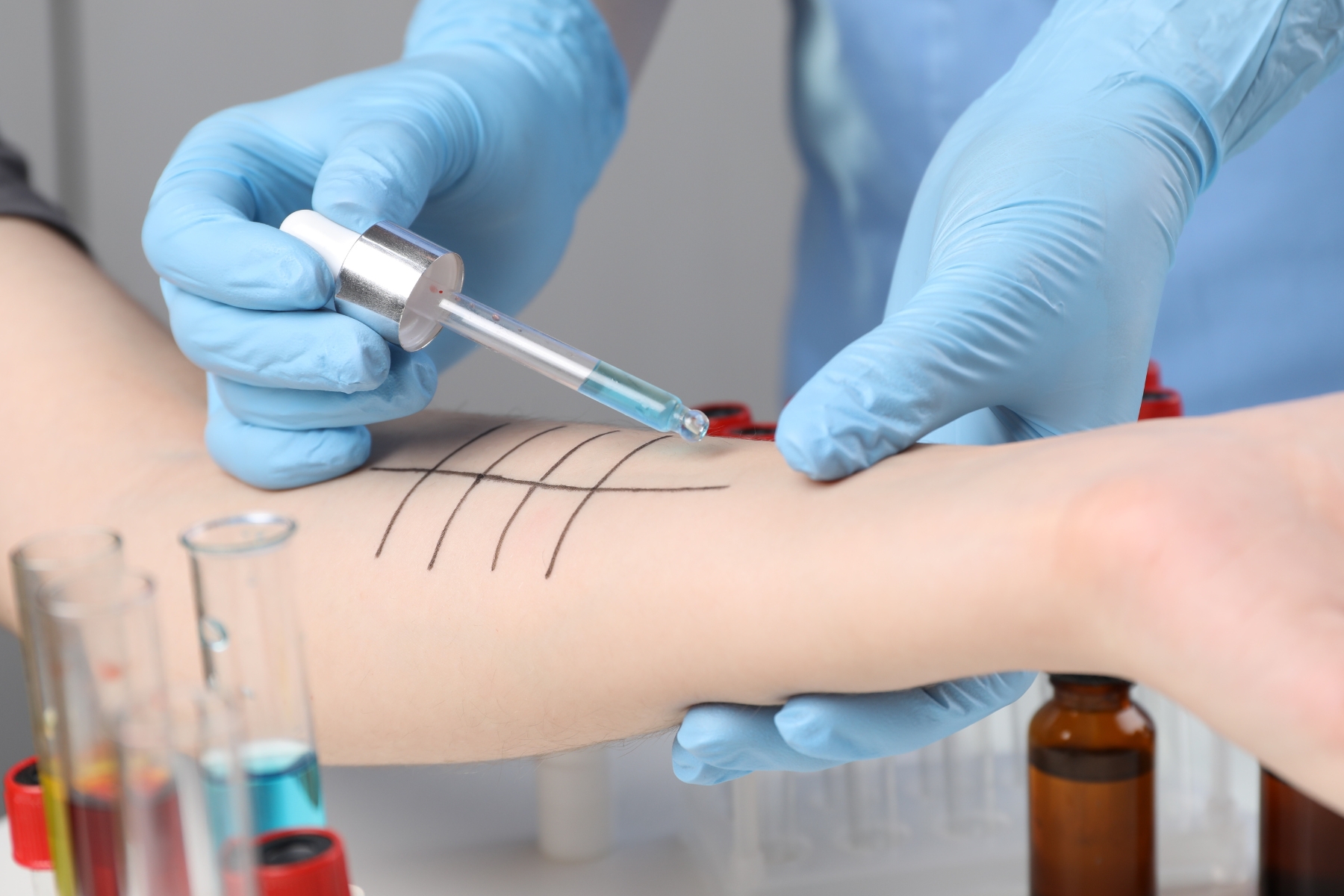
Allergology and Immunology
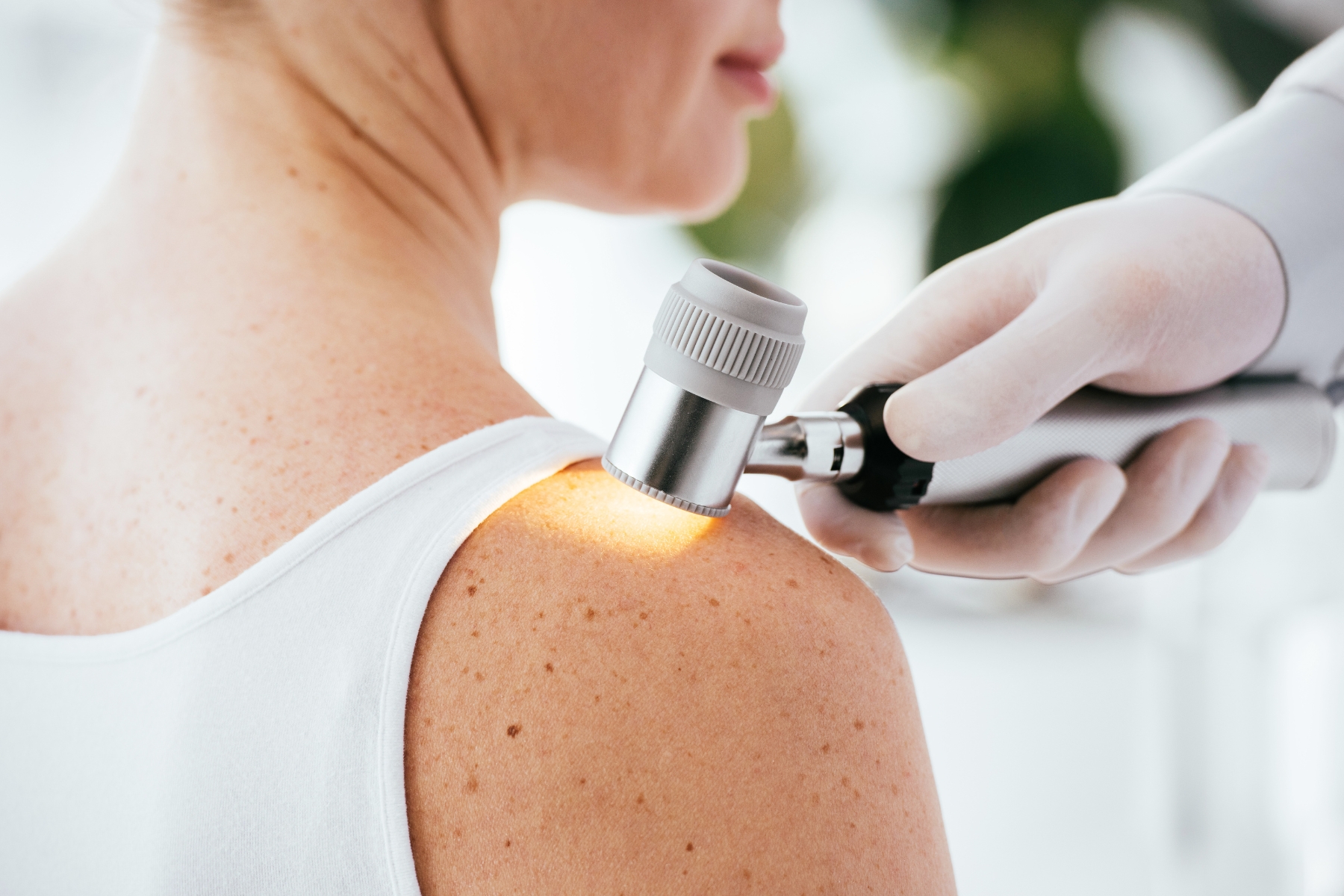
Saturday Skin Services
